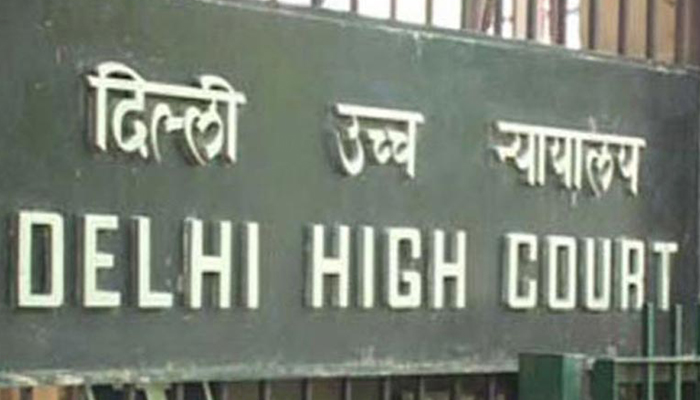TRENDING TAGS :
Delhi High Court Denies Protection to Arvind Kejriwal in Liquor Policy Case
The Delhi High Court’s refusal to grant protection has implications for the ongoing investigation.
Delhi High Court
In a significant legal development, the Delhi High Court has refused to grant interim protection from arrest to Chief Minister Arvind Kejriwal in the money laundering case related to the now-scrapped Delhi excise policy. The court’s decision has far-reaching implications and raises questions about the constitutional responsibilities of public officials.
Background and Legal Context
ED Summons: The Enforcement Directorate (ED) had issued summons to Kejriwal in connection with the alleged liquor policy case.
Kejriwal’s Plea: The Chief Minister sought protection from coercive action by the ED.
Court’s Verdict: The Delhi High Court declined to pass orders for interim relief at this stage.
Constitutional Duties and Accountability
Governor’s Role: The case highlights the Governor’s role in appointments and the need for impartiality.
Public Trust: Public officials, including Chief Ministers, hold constitutional positions and must act in the public interest.
Political Ramifications
Election Season: With elections around the corner, the case assumes political significance.
Transparency and Fairness: The court’s decision underscores the importance of transparency and fairness in legal proceedings.
The legal battle continues, and the outcome will shape the narrative around governance, accountability, and constitutional norms. As the case progresses, all eyes will be on the legal system’s ability to uphold justice.



